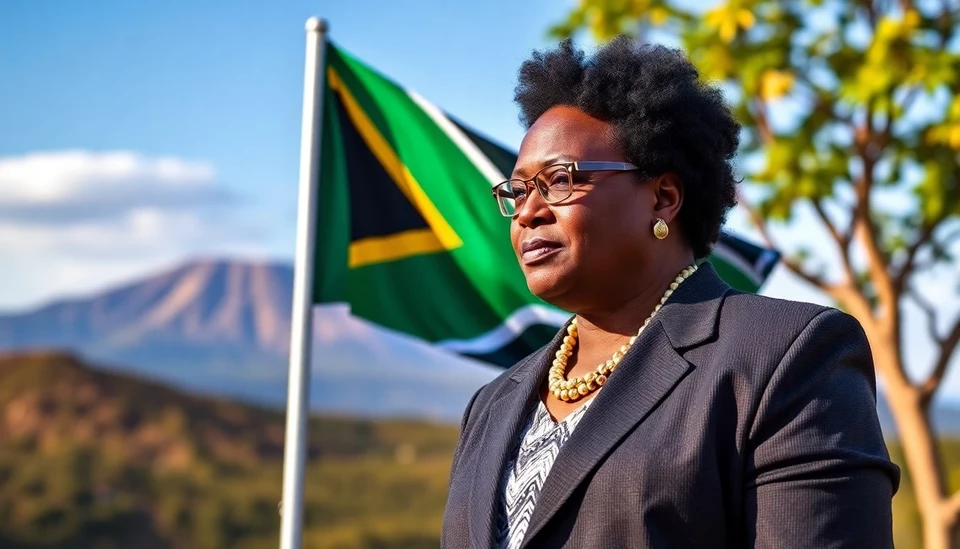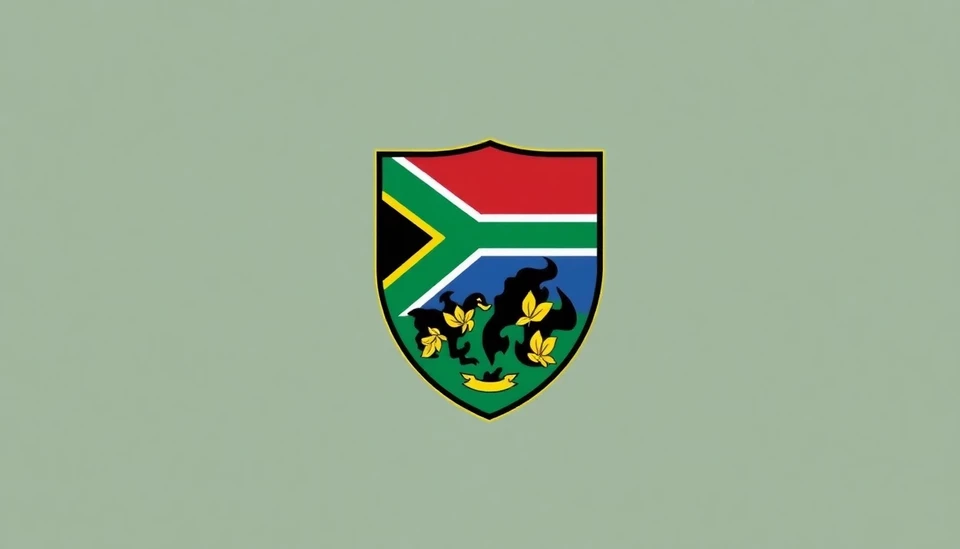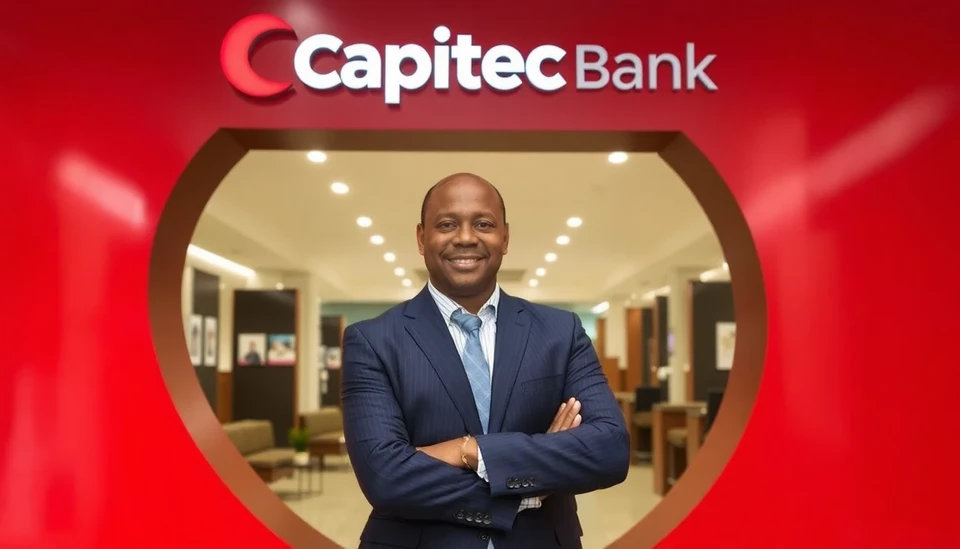
The economic landscape in South Africa is poised for a significant and contentious shift as the country's ruling party announces a bold plan to establish a $5.4 billion Black fund. This initiative is intended to address the lingering economic inequalities faced by the Black population, but it has already drawn sharp criticism from the country's second-largest political party.
The fund, which aims to promote Black ownership and participation in various sectors of the economy, has been met with skepticism by the Economic Freedom Fighters (EFF). The EFF, a prominent opposition party led by Julius Malema, has lambasted the plan, arguing that it is fraught with risks and lacks the necessary transparency to ensure that it will benefit the intended recipients effectively.
The announcement of the fund comes at a time when South Africa is grappling with rampant unemployment levels and economic disparities that have been exacerbated by years of systemic inequality. Proponents of the fund suggest that it could serve as a crucial step in redressing historical injustices and facilitating greater economic empowerment for marginalized communities. However, critics, including the EFF, assert that the initiative could lead to further division and potential misallocation of resources.
One of the key points of contention raised by the EFF is the lack of a detailed plan on how the funds will be managed and distributed. They emphasize the need for an accountable framework to ensure that the financial resources reach those in need, rather than being siphoned off by bureaucratic complexities or mismanagement.
The party has called for greater scrutiny and a more comprehensive consultation process involving civil society organizations, as well as the communities that the fund is intended to support. They urge the government to consider alternative approaches that might yield more tangible benefits for disadvantaged groups, rather than a large sum that may not deliver on its promises.
Supporters of the plan argue that the fund can catalyze necessary investment and can lead to the establishment of enterprises that will provide jobs and stimulate local economies. They believe that empowering Black South Africans through financial tools is essential to building a more equitable society.
As the debate unfolds, it highlights the broader tensions within South African society regarding economic policy and reparative justice. The government faces the challenge of crafting initiatives that not only aim to rectify historical imbalances but also foster unity in a country still reeling from the aftereffects of apartheid.
With the EFF's vociferous opposition, the government will need to tread carefully as it seeks to implement the fund. The upcoming legislative sessions are expected to be critical, as both sides prepare to articulate their positions on this divisive issue. Stakeholders from various sectors will be watching closely, whether they are proponents who hope for a transformative impact or critics who fear further complications in an already complex economic landscape.
The future of the proposed Black fund is uncertain as South Africa stands at a crossroads of opportunity and potential discord. How the government navigates these challenges in the coming months will likely have far-reaching implications for the nation’s socio-economic landscape.
#SouthAfrica #EconomicEmpowerment #BlackFund #EFF #JuliusMalema #EconomicInequality #GovernmentPolicy
Author: Daniel Foster




